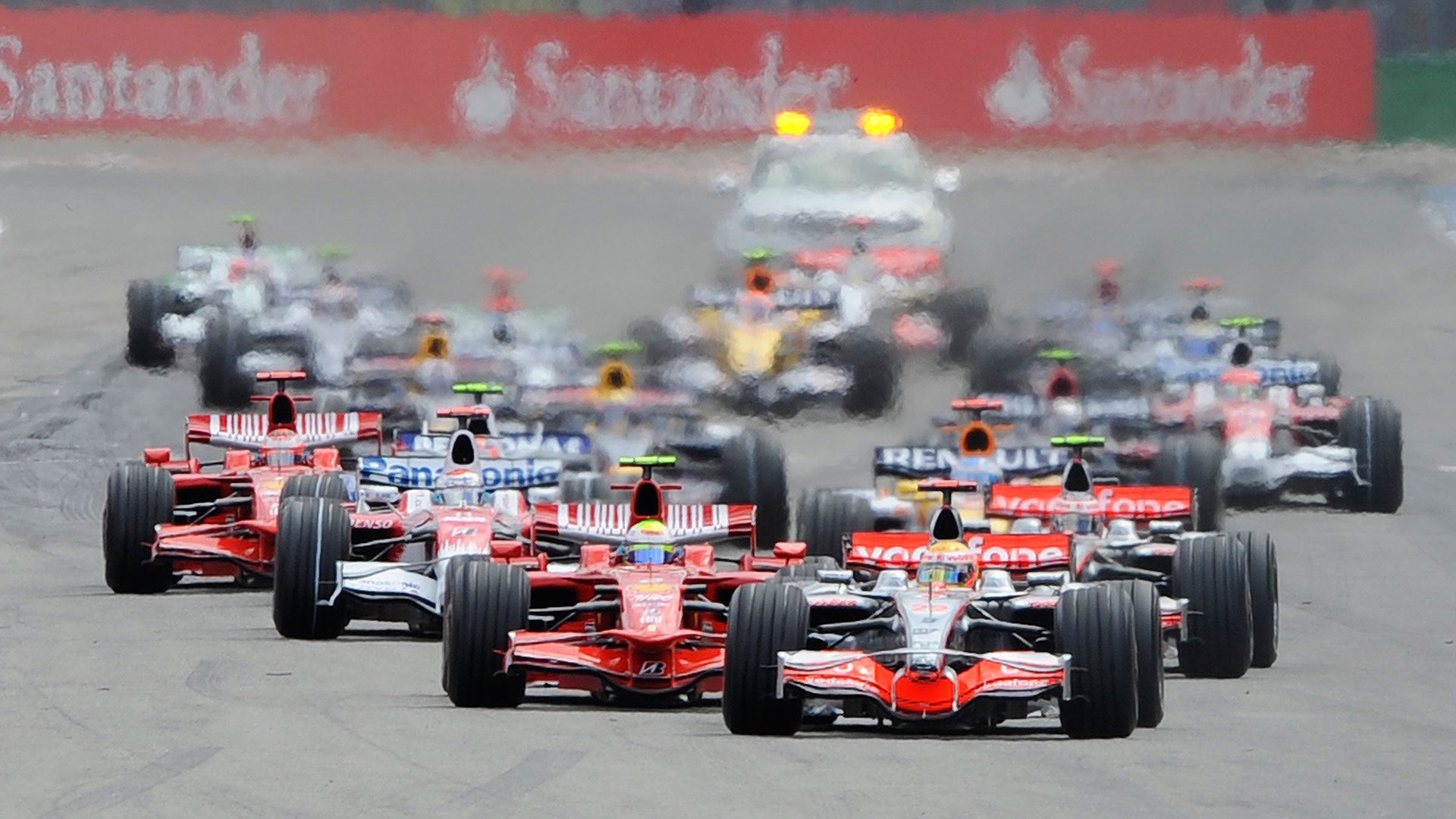Formula One racing is not the worst idea for saving Greece’s economy (but it’s not great)
Despite a deep recession, leaders scrambling to find billions in budget cuts to qualify for billions more in bailout loans to save the country from total economic collapse, Greece has approved plans to go forward with a Formula One racetrack.


Despite a deep recession, leaders scrambling to find billions in budget cuts to qualify for billions more in bailout loans to save the country from total economic collapse, Greece has approved plans to go forward with a Formula One racetrack.
Officials have unblocked €28.9 million ($37.3 million) in subsidies for a nearly €100 million track to be built near the port city of Patras, according to the Ministry of Development.
The racetrack will be built to an “international standard” and host other events like motorbike racing and go-kart racing. Construction is expected to take 36 months and still requires parliamentary approval.
The theory is that hosting world class events brings tourists from around the world and boosts revenues. That’s what they said about the Olympics too.
Greece’s hosting of the Olympics is by now a well-documented economic fiasco, which some say contributed to the financial mess the country is in today. Costs ran more than double the initial budget to an estimated $16 billion, says Andrew Zimbalist, a professor of economics at Smith College and expert on sports economics. The Greeks are still paying to maintain Olympic facilities no longer in use.
But back to the track and whether it can help boost revenue for Greece.
First, let’s talk about costs. The press reported that Greece will spend nearly €100 million to build a racetrack. According to Zimbalist, that will only get them a barebones track. The money is unlikely to cover the stadium that will surround it, the catering facilities, luxury seating, or parking lots—which, in themselves, will require land purchases and environmental impact studies. There’s also the price of maintaining the track even when races aren’t running. Costs could run three to four times the €100 million figure, if not a lot more.
Then there’s the time it takes to build a world-class track and facility, which will involve lining up further financing, finding contractors, and negotiating contracts. This could drag on for a couple of years, if not longer. Add two more years to build a park. By then the economy may have turned around with people questioning whether there were more productive uses for the land. Given the complexity of the project, projections of 36 months seem a bit optimistic.
“At the end of the day,” says Zimbalist, “it seems highly unlikely that this will produce a net economic return.”
Still, it could work. Why not ask the Germans, who in the end are really funding the track. Or better not. This summer, their legendary Nürburgring track, host of many Formula One races, was declared bankrupt.